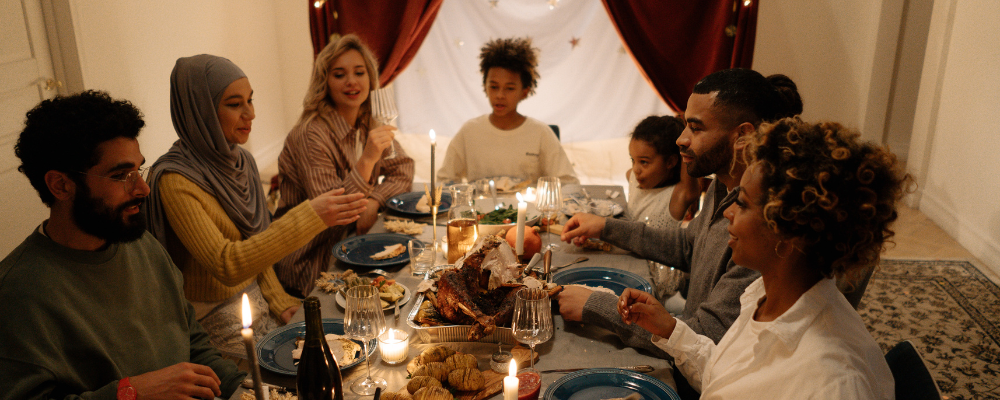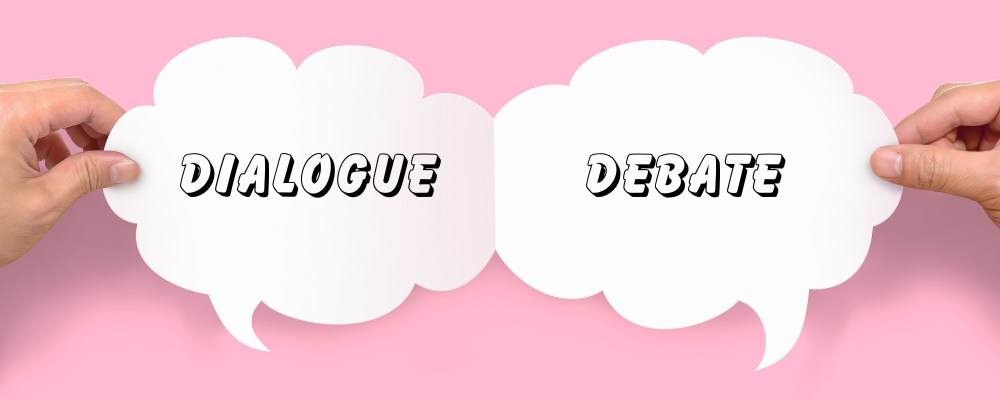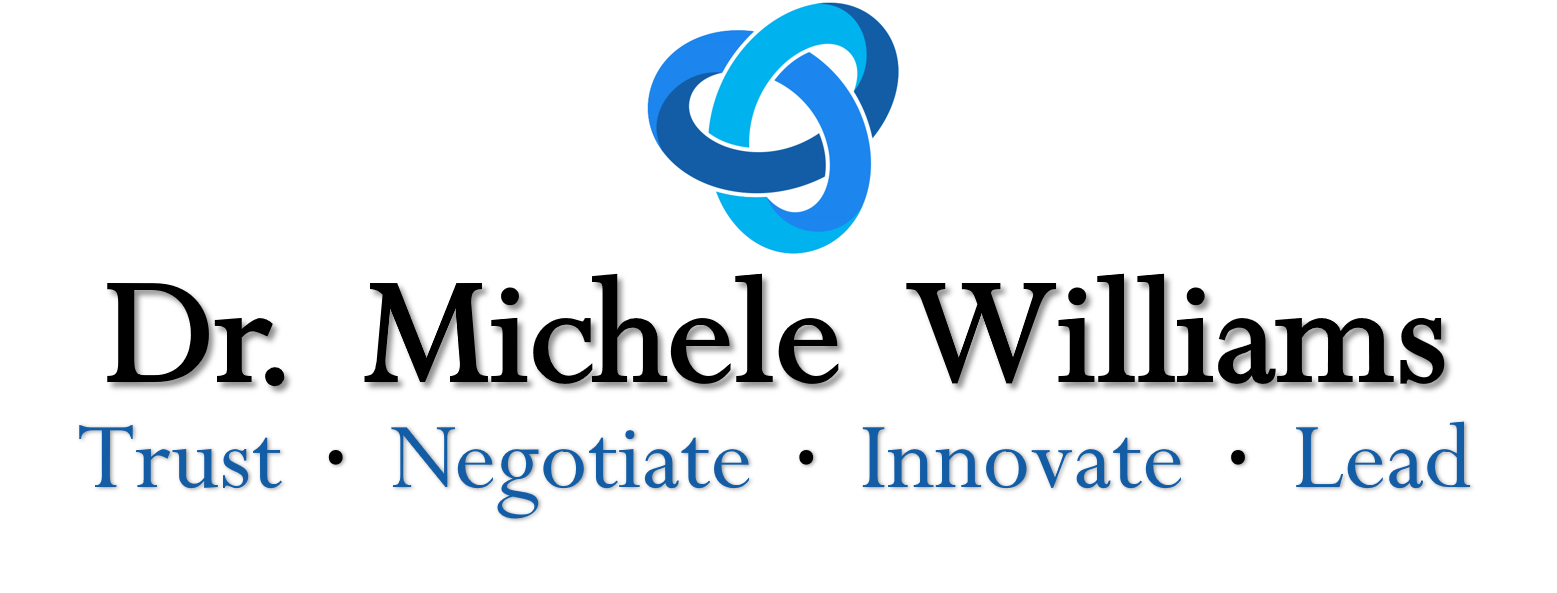Navigating Difficult Conversations During the Holidays: A Guide to Harmony

The holiday season is upon us, a time for joy, celebration, and avoiding certain topics! Please enjoy this update of my interview 2022 with The Gazette. Wishing you holiday conversations that bring you closer connections!
The age-old advice to avoid discussing religion or politics during family gatherings is increasingly challenging in today’s social landscape. What were once considered safe topics—like the cost of the holiday turkey or the latest Taylor Swift album—now risk being overshadowed by the divisive nature of discussions permeating social media platforms. As family members arrive for holiday gatherings, they might bring with them opinions fueled by online interactions, turning what should be a joyous occasion into a potential minefield.
In light of this, Professor Michele Williams, an expert in management and entrepreneurship at the University of Iowa, suggests that the principles of dispute resolution, conflict resolution, and negotiation can be applied to make holiday gatherings more positive. With over five years of experience teaching courses on inclusive leadership and negotiations at the UI Tippie College of Business, Williams offers valuable insights into fostering dialogue over debate.
THE EXPANDING BATTLEFIELD OF HOLIDAY CONVERSATION

Holiday gatherings today are fraught with potentially contentious topics beyond the traditional landmines of religion and politics. From gas prices and grocery bills to worker conditions and concert ticket sales, the spectrum of potential conflict zones is vast. According to Williams, attempting to avoid these topics altogether may be futile, given their pervasive nature in today’s discourse.
To achieve holiday harmony, Williams advocates for approaching conversations as a dialogue—an exploration leading to a shared understanding. This approach, she believes, can foster a more positive exchange where people come to appreciate each other’s perspectives.
THREE TECHNIQUES FOR DIALOGUE OVER DEBATE

Williams offers three practical techniques to navigate potentially heated discussions:
- Listen with the intention to understand: Instead of engaging in a debate tactic, practice “generative listening.” This involves seeking to understand someone in the most generous and positive light, assuming their best intentions.
- Slow down with the LARA method: Williams recommends using the LARA method—Listening, Affirming, Responding, and Adding insights. This technique encourages a deliberate pace in conversations, ensuring that each party feels heard and understood.
- Stay curious: When faced with triggering statements, resist the urge to react defensively. Instead, ask questions to understand the other person’s perspective. Discovering underlying assumptions can facilitate agreeing to disagree without resorting to confrontation.
THE ESCAPE VALUE: A LAST RESORT

Recognizing that emotions can escalate despite the best intentions, Williams suggests having an “escape valve” as a last resort. This could be a prearranged code word or an internal plan for diversion. If conversations veer into uncomfortable territory, hosts can signal the need for a break—whether it’s taking the dog for a walk, going outside, or enjoying a cup of hot chocolate.
In conclusion, while the landscape of holiday conversations may have shifted, the principles of effective communication and conflict resolution remain constant. By embracing dialogue over debate and employing intentional listening, thoughtful responses, and curiosity, families can turn potentially divisive discussions into opportunities for understanding and connection. And if all else fails, having an escape plan in place ensures that the holiday spirit remains intact.
